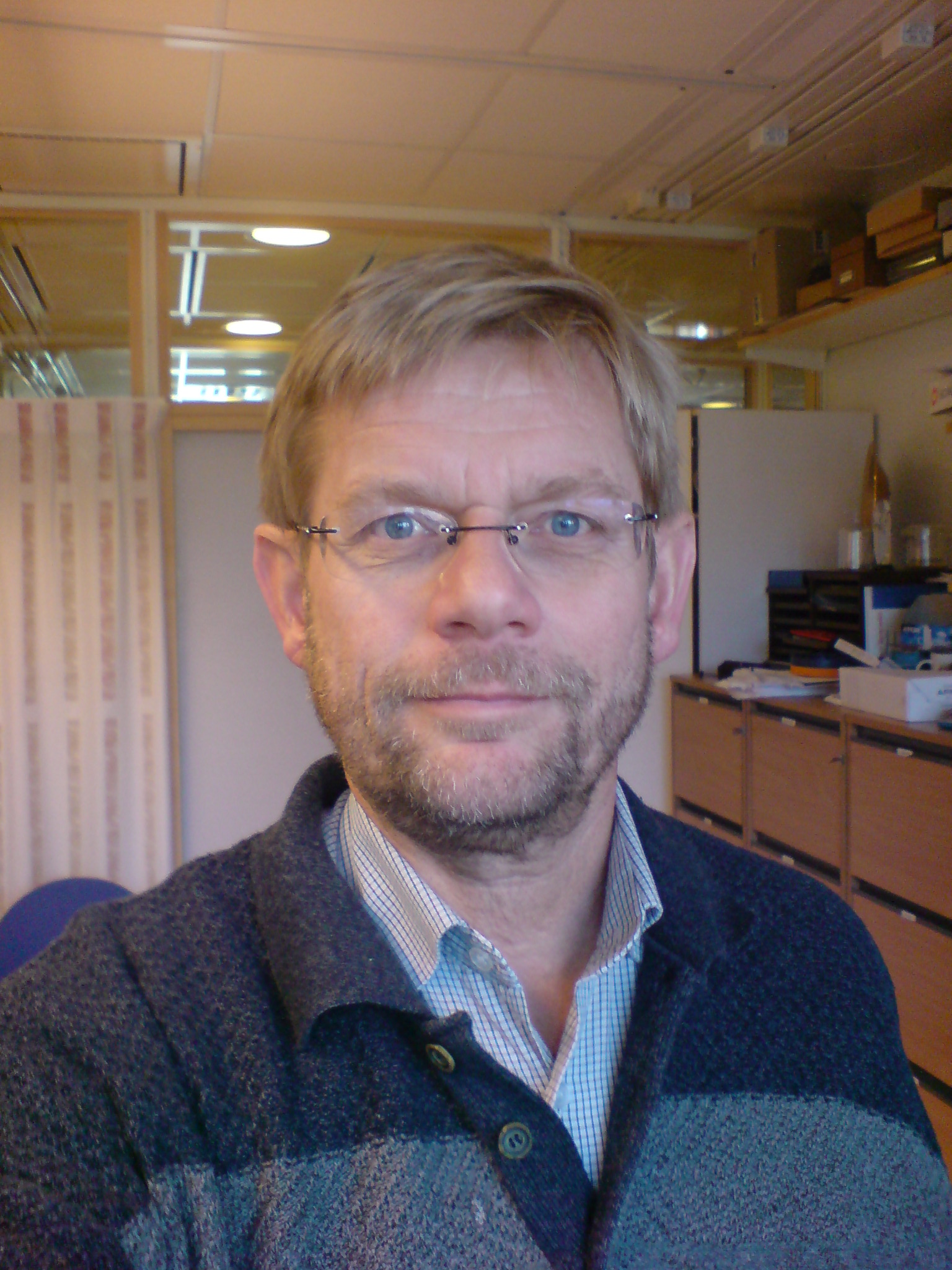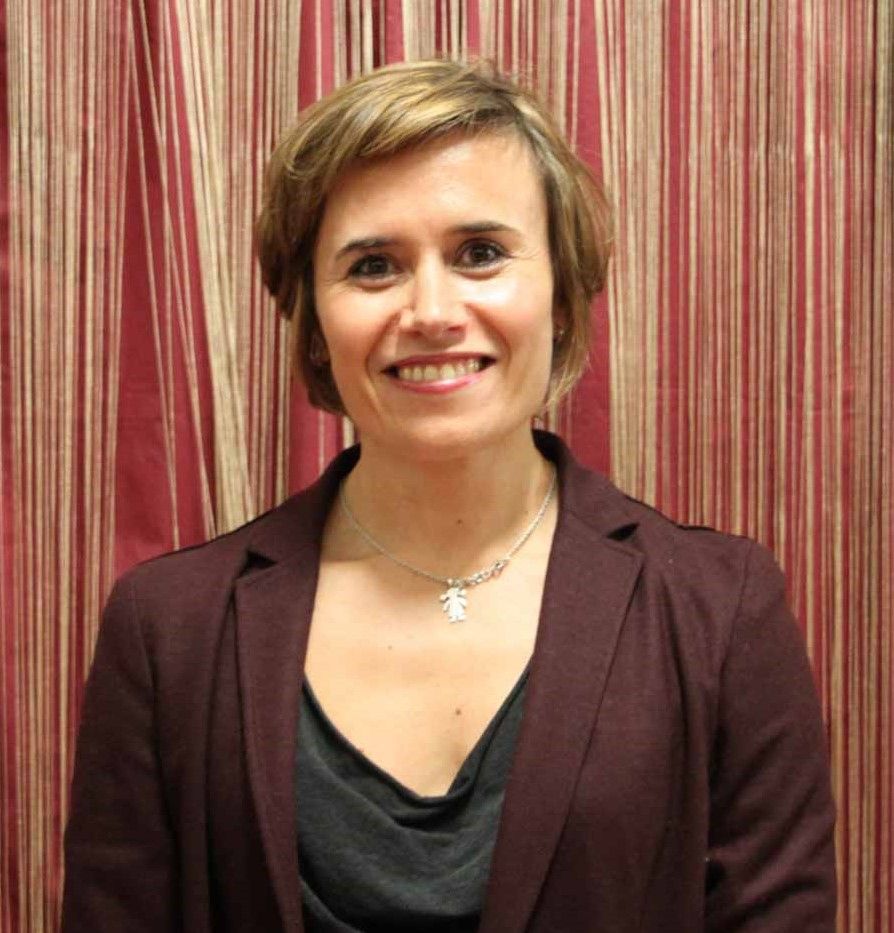Applications of Biological Monitoring in Occupational Health

About this course
Measurement of air impurities by means of industrial hygiene measurements is usually used to estimate the chemical exposures at workplaces. However, this approach does not necessarily reflect the total exposure of the worker. For instance, exposure through the skin or oral uptake and the effectiveness protection provided by personal protective equipment or accumulation of the chemical into the body cannot be estimated with air monitoring. Biomonitoring assesses the total exposure to the chemical independent of the source or route of exposure and may therefore be more effective in the assessment of health risks caused by the occupational chemical exposure. Some biomarkers (effect biomarkers) can also be used to assess the early effects of mixed exposure to chemicals at workplaces. This course will provide an overview on the use of biomonitoring in occupational health interventions (health surveillance and/or exposure and risk assessment) and recent advances in the field of biomonitoring.
Price information
The price of the course is EUR 225 and will be invoiced after the registration deadline.
It is possible to pay the course by invoice or credit card.
Course objectives
The overall aim of the course is to exchange information and best practices on the use of biological monitoring in the management of occupational chemical exposures – either as part of worker’s health surveillance regimes or as part of workplace exposure and risk assessment. After the course, the participants will be able to understand the main principles and practical possibilities of using biomonitoring for exposure and risk assessment of chemicals at workplaces and for occupational health surveillance, to understand the uncertainties and methodological pitfalls related to the use of biomonitoring data, and to plan and run biomonitoring programmes at workplaces. An overview on the recent advances in the field of biomonitoring is also provided.
Main topics
- The role of biomonitoring in health surveillance, exposure assessment and in risk assessment and management at the workplaces
- Exposure biomarkers
- Examples on the use of exposure biomarkers in the monitoring of exposure to metals in different sectors, biomonitoring of solvents, PAHs and diisocyanate exposure -experiences from the recent research projects
- Effect biomarkers and their use in occupational health, AOP concept
- Importance of toxicokinetics and role of toxicokinetic modeling
- Setting of biomonitoring guidance values
- Use of biomonitoring in human health risk assessment
- Quality assurance and pre- analytical and analytical errors
- Ethical considerations
- International efforts to advance the use of biological monitoring in occupational health (recent EU activities, OECD, ISES)
Target group
- Occupational physicians
- Industrial hygienists and other OSH experts at workplaces
- Regulatory authorities in OSH and chemical safety fields
- Young scientists in the field of occupational health and industrial hygiene
Subject background
Biomonitoring is a commonly applied method in occupational health to assess the exposure and risks of chemicals. However, its use varies between the countries; for example in Finland it is widely applied whereas in some other countries its application is limited only to a few substances. Therefore, there is a need to share good practices and experiences on its use among the occupational health professionals.
During the recent years, the value of biomonitoring in the risk assessment of chemicals has been recognized at EU level and there have been many initiatives to increase its use. One example is the large EU-wide project (HBM4EU) focusing specifically on biomonitoring. Activities initiated in the HBM4EU project are continued in another large EU-initiative, PARC (Partnership in the Risk Assessment of Chemicals) starting in the spring of 2022. In addition, within OECD, guidance is currently under preparation for the development of biomonitoring limit values and for the use of biomonitoring in an occupational health context. Activities are ongoing also within ISES-Europe. In addition, new binding biological limit values for biomarkers are under preparation within the EU Chemicals Agents Directive and Carcinogens and Mutagens Directive. These need to be implemented in all EU countries in the future.
In the Nordic countries, Finland has long-standing expertise in the field of biomonitoring dating back to 1980’s. The Finnish Institute of Occupational Health (FIOH) has also been actively engaged in the recent activities in the biomonitoring field, for example by leading occupational biomonitoring activities within the HBM4EU project.
General course fee and cancellation information
The courses and workshops vary in price. The course fee is invoiced after the registration deadline.
Cancellation policy
Cancellations received by September, 19th 2023: full refund
Cancellations received by September, 19th 2023 or later: no refund
NIVA will issue an invoice or send information on how to pay the course with credit card (depending on the option chosen in the registration form) after the registration deadline.
The price is subject to minor changes.
Contact persons
Course leaders
Tiina Santonen
Research Professor
Finnish Institute of Occupational Health, Finland
email: tiina.santonen@ttl.fi
Paul Scheepers
Professor
Radboud Institute for Health Sciences, Radboudumc, Nijmegen, the Netherlands
email: paul.scheepers@rumc.nl
In practical matters, please contact:
Linda Oksanen
Project Manager and Communications Advisor
NIVA
email: linda.oksanen@niva.org













